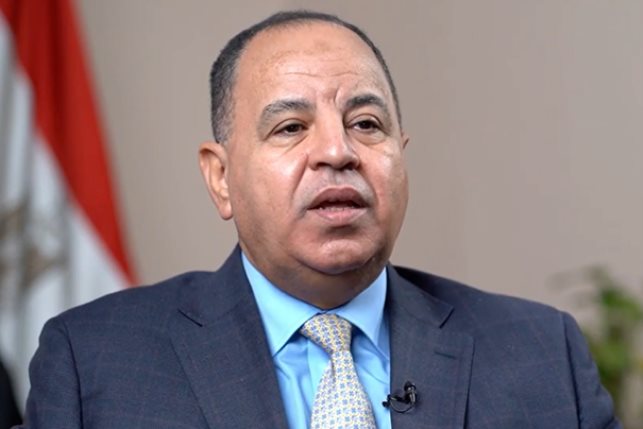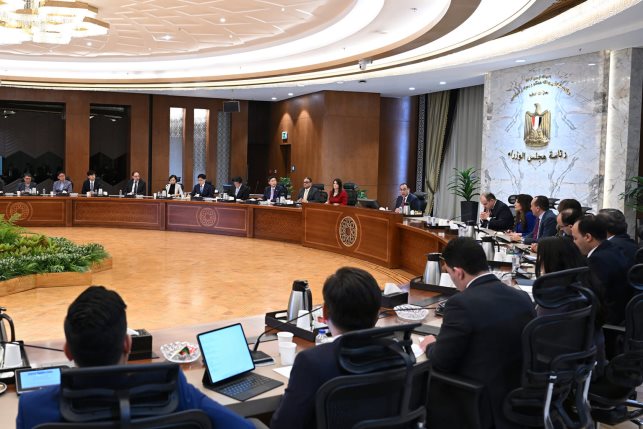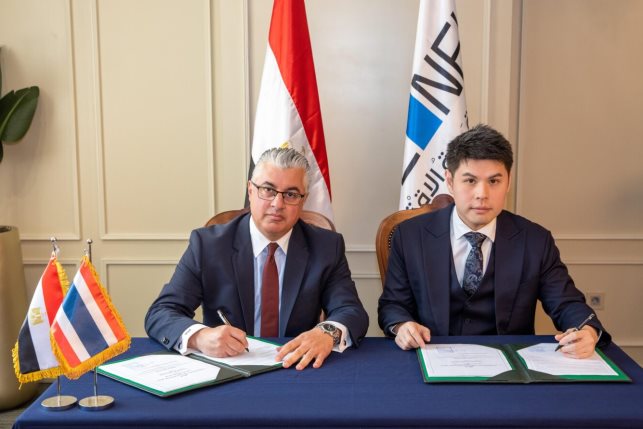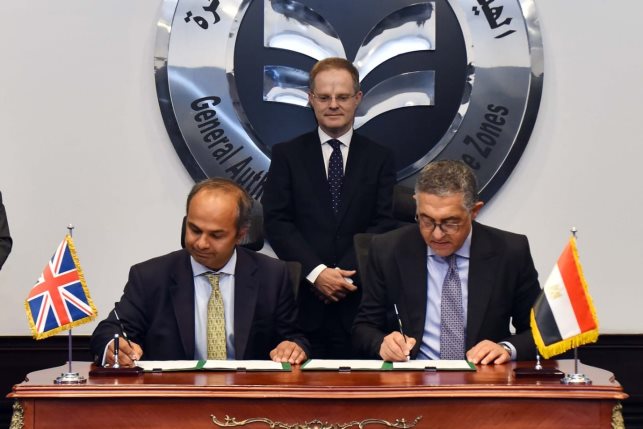FinMin optimistic about economic resilience, aims for debt-to-GDP to fall to 75% by 2027
Egypt’s economy has been able to navigate global crises with positivity and flexibility in the past few years, explained Maait in an official statement on Tuesday
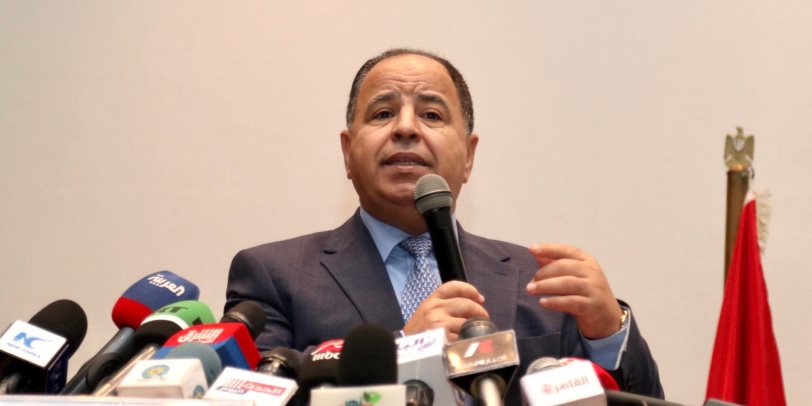
Minister of Finance Mohamed Maait expects a decline in Egypt’s debt-to-GDP ratio, with the government aiming to reduce it to 75% for 2027, pushed by sustained financial discipline and maximizing public revenues after reaching 95.7% in June 2023.
Egypt’s economy has been able to navigate global crises with positivity and flexibility in the past few years, explained Maait in an official statement on Tuesday, forecasting a positive trajectory for the country’s economic situation in the upcoming fiscal year (FY2024/2025) and emphasizing the country's adaptability to external and internal challenges.
The FinMin attributed this optimistic outlook to the ongoing improvement of infrastructure and the continuation of structural reforms, which he believes will stimulate economic stability by creating broader opportunities for the private sector - a key driver of development, recovery, and economic growth - particularly in the year 2024.
The country has set ambitious targets for FY2023/2024, aiming for the largest primary surplus in its history at 2.5%, he added. The country is also working towards reducing the budget deficit rate to 6% of the domestic product by June 2023, with expectations of it further decreasing to 5% by June 2027.
To foster a favorable environment for investments, both local and foreign, the government is actively encouraging Egyptian investors and international partners to leverage competitive incentives offered by the Egyptian economy, Maait stressed.
Egypt is focused on driving production and export expansions, positioning itself to attract more investment flows, he highlighted, noting the various adopted programs to support green investments, monetary benefits, and tax and customs incentives.
In the statement, Maait shared that the health sector received an increase of 30.4% in state investments, reaching around EGP 397 billion, while pre-university and university education allocations were up by 24.3% to EGP 591.9 billion, financial support for scientific research rose by 17.5% to EGP 99.6 billion.


